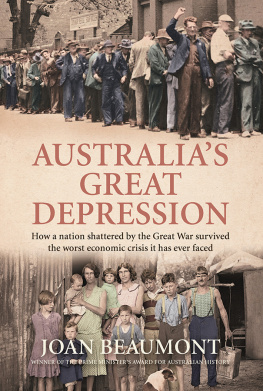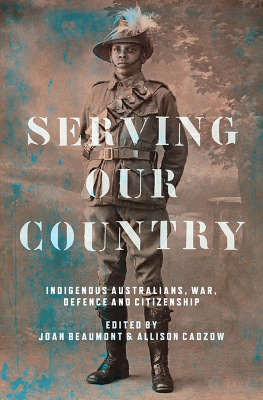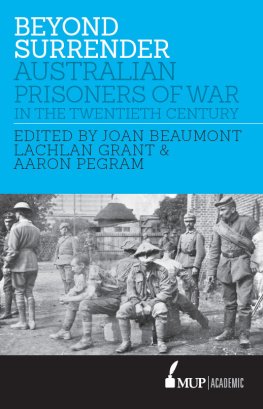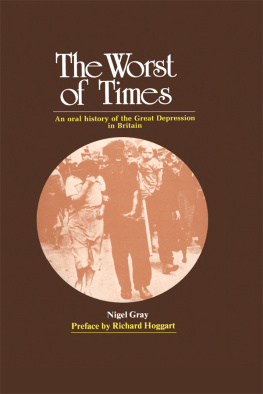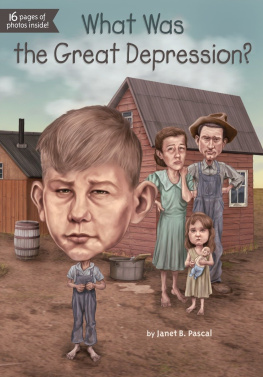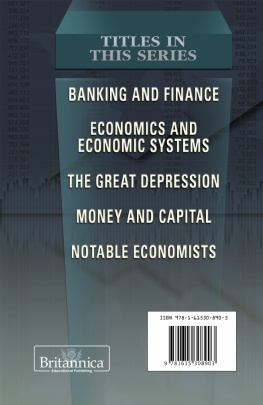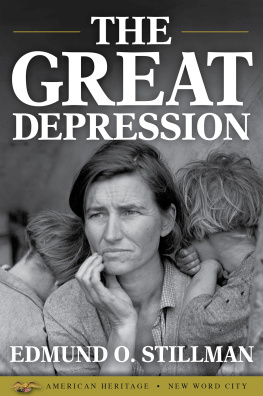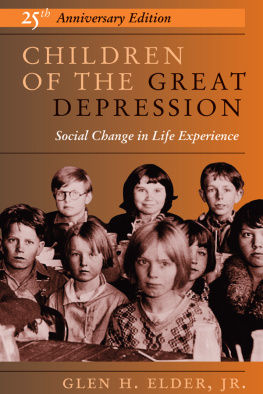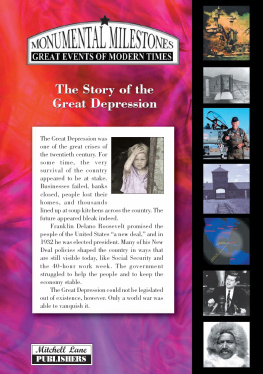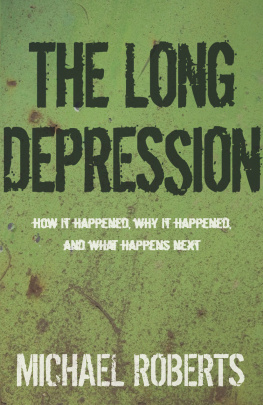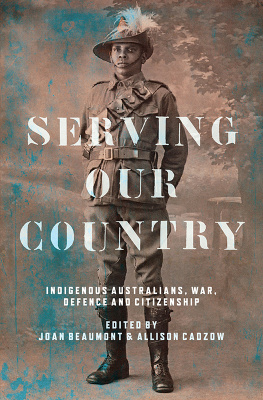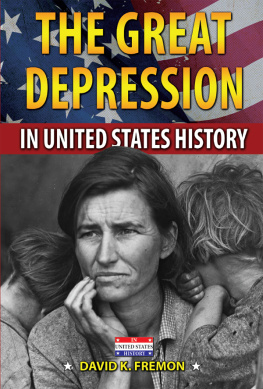Joan Beaumont - Australias Great Depression: How a nation shattered by the Great War survived the worst economic crisis it has ever faced
Here you can read online Joan Beaumont - Australias Great Depression: How a nation shattered by the Great War survived the worst economic crisis it has ever faced full text of the book (entire story) in english for free. Download pdf and epub, get meaning, cover and reviews about this ebook. City: Sydney, year: 2022, publisher: Allen & Unwin, genre: History. Description of the work, (preface) as well as reviews are available. Best literature library LitArk.com created for fans of good reading and offers a wide selection of genres:
Romance novel
Science fiction
Adventure
Detective
Science
History
Home and family
Prose
Art
Politics
Computer
Non-fiction
Religion
Business
Children
Humor
Choose a favorite category and find really read worthwhile books. Enjoy immersion in the world of imagination, feel the emotions of the characters or learn something new for yourself, make an fascinating discovery.
- Book:Australias Great Depression: How a nation shattered by the Great War survived the worst economic crisis it has ever faced
- Author:
- Publisher:Allen & Unwin
- Genre:
- Year:2022
- City:Sydney
- Rating:5 / 5
- Favourites:Add to favourites
- Your mark:
Australias Great Depression: How a nation shattered by the Great War survived the worst economic crisis it has ever faced: summary, description and annotation
We offer to read an annotation, description, summary or preface (depends on what the author of the book "Australias Great Depression: How a nation shattered by the Great War survived the worst economic crisis it has ever faced" wrote himself). If you haven't found the necessary information about the book — write in the comments, we will try to find it.
Some generations are born unlucky. Australians who survived the horrors of the Great War and the Spanish flu epidemic that followed were soon faced with the shock of the Great Depression. Today we remember long dole queues, shanty towns and destitute men roaming the country in search of work. With over a third of the workforce unemployed in 1932, Australia was one of the hardest hit countries in the world. Yet this is not the complete story.
In this wide-ranging account of the Great Depression in Australia, Joan Beaumont shows how high levels of debt and the collapse of wool and wheat prices left Australia particularly exposed in the worlds worst depression. Threatened with national insolvency, and with little room for policy innovation, governments resorted to austerity and deflation. Violent protests erupted in the streets and paramilitary movements threatened the political order.
It might have ended very differently, but Australias democratic institutions survived the ordeal. Australias people, too, survived. While many endured great hardship, anger, anxiety and despair, most made do and helped each other. Some even found something positive in the memory of this personal and communal struggle. Australias Great Depression details this most impressive narrative of resilience in the nations history.
A magisterial account of an immense tragedy, told with authority, poignancy and drama. - Frank Bongiorno, Professor of History, The Australian National University
A masterpiece by one of Australias most esteemed historians - David Day, historian
Beaumonts brilliant study is the comprehensive history of the Great Depression that we have been waiting for. - Stephen Garton AM, Senior Deputy Vice-Chancellor, The University of Sydney
Joan Beaumont: author's other books
Who wrote Australias Great Depression: How a nation shattered by the Great War survived the worst economic crisis it has ever faced? Find out the surname, the name of the author of the book and a list of all author's works by series.

